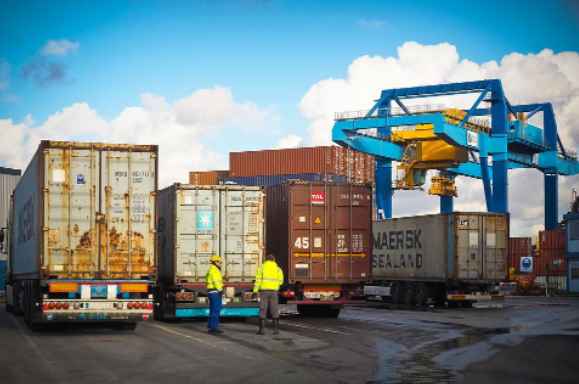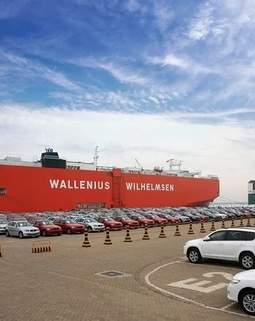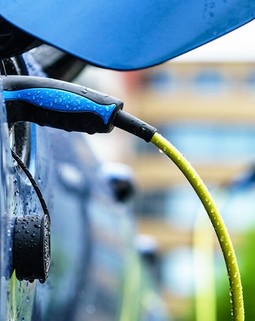South Africa’s and Tanzania motor industry has been exporting in bulk lately. So if you are traveling anywhere in Germany, Guadeloupe, or even Greece, it is very likely you might be traveling in an SA- made car.
There is a sum of 152 countries in which South Africa exported its automobiles solely in 2021, earning R207.5bn which is 18.1% greater than what it reached in 2020 as it was down to 148 countries and R175.7bn back then; numbers all obtained from the 2022 export manual by the Automotive Industry Council in South Africa.
As exports grew, so did the imports. So when it imported a sum of R66.5bn from South Africa, Germany also made sure to export worth R51.6bn of goods in return, giving SA a trade surplus. The imports are growing very rapidly by 32%, from R127.5bn to R168.4bn, out of which half of the imports are not even included in the trade calculations as independent buyers import them.
Ukraine is South Africa’s smallest exporter exporting a minimum of R1m. However, it isn’t to blame, considering its invasion and the crucial circumstances and deficits the country is facing. The USA, too, on the other hand, has an export worth of R34.3bn to R18.9bn, and its imports are approximately R15.4bn.
It has also exported 60.260 vehicles to UK and 42,671 to Germany. Thailand, Spain, Japan, and India are the best importers of vehicles from South Africa. However, the only drawback expected to be faced by South Africa in the coming future is that most of its industry is based on ICE, i.e., Internal Combustion engines, that is, fuel-based cars. Of the real making of cars in South Africa, 60% are exported, and all are gas engine cars. It exports cars to all such countries where gas emission cars are soon to be banned considering their harmful effect on the environment and the excessive pollution it emits.
If South Africa intends to sustain its standing in the export motor industry, it needs to take this step toward a better change and launch more rechargeable electric vehicles. Another fact about South Africa’s trade structure is that the vehicles it manufactures domestically are mostly exported. In contrast, the vehicles it sells to its local customers are usually imported from other countries, one of which is India. As a result, of the total imports of vehicles in Africa, 49% are done by India.
Some other affordable vehicles imported are from Japan, China, and South Korea.
Yet the top ten sold vehicles in South Africa were mostly manufactured in South Africa. Toyota is on top of the list with 25.3% market share, then comes Volkswagen at 15.4%, Hyundai at 7.7%, Ford at 6.7 and further ongoing to Nissan, Suzuki, Renault, Kia, etc.





